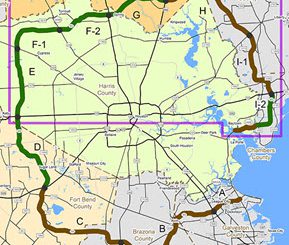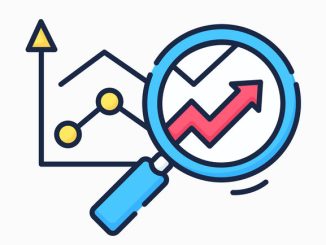 In the digital era, knowledge has emerged as one of the most valuable assets an organization can possess. Unlike physical assets, knowledge does not diminish with use—it grows. It enables businesses to innovate, adapt, and thrive in competitive markets. However, harnessing and managing knowledge effectively requires deliberate effort, strategic tools, and a culture that values continuous learning.
In the digital era, knowledge has emerged as one of the most valuable assets an organization can possess. Unlike physical assets, knowledge does not diminish with use—it grows. It enables businesses to innovate, adapt, and thrive in competitive markets. However, harnessing and managing knowledge effectively requires deliberate effort, strategic tools, and a culture that values continuous learning.
The Evolution of Knowledge Management
In 2011, knowledge management largely revolved around centralized repositories, document management systems, and employee expertise. While these remain foundational, the landscape in 2025 has shifted dramatically due to advances in artificial intelligence, machine learning, and collaborative platforms.
Today, organizations leverage:
- AI-driven knowledge bases that can automatically categorize, summarize, and retrieve relevant information based on user queries.
- Collaborative tools like Microsoft Teams, Slack, and Notion, which integrate seamlessly with existing workflows to enable real-time knowledge sharing.
- Enterprise knowledge graphs, which connect disparate data sources to provide contextual insights and reveal hidden relationships between information.
These tools ensure that knowledge is not only stored but also made actionable, helping employees and stakeholders make better decisions faster.
The Rise of Collective Intelligence
The modern workplace emphasizes collective intelligence, where teams use shared knowledge to drive innovation. Platforms powered by AI and machine learning facilitate this by:
- Aggregating expertise across the organization.
- Identifying knowledge gaps.
- Suggesting solutions based on past experiences and industry benchmarks.
For example, predictive analytics tools can analyze historical project data to recommend optimal strategies for upcoming initiatives. Similarly, AI can mine knowledge bases for best practices, saving time and reducing the risk of repeating mistakes.
Challenges in Managing Knowledge
Despite technological advancements, challenges persist:
- Data Overload: The sheer volume of information generated daily can overwhelm traditional systems. Without effective filtering and prioritization mechanisms, valuable insights can be lost in the noise.
- Knowledge Silos: Different departments often maintain separate repositories, making it difficult to share information across the organization. In 2025, the shift to cloud-based platforms and enterprise-wide integration tools is helping to address this issue.
- Cybersecurity Concerns: As knowledge becomes digitized, it becomes a target for cyberattacks. Protecting intellectual property and sensitive data requires robust security measures, such as encryption, zero-trust frameworks, and AI-driven threat detection.
The Strategic Value of Knowledge
In 2025, knowledge is no longer just an operational resource—it’s a strategic differentiator. Companies that excel in knowledge management can:
- Innovate faster by leveraging past successes and lessons learned.
- Enhance employee productivity through better access to critical information.
- Build resilience by ensuring knowledge continuity, even amidst workforce changes or disruptions.
For industries like healthcare, finance, and technology, the ability to manage knowledge effectively can mean the difference between leading the market and falling behind.
 Conclusion
Conclusion
As organizations navigate the complexities of 2025, the value of knowledge as an asset cannot be overstated. By investing in advanced tools, fostering collaboration, and addressing challenges head-on, businesses can unlock the full potential of their collective intelligence and position themselves for long-term success.
Blog by Mark Reynolds, updated December 2024.


